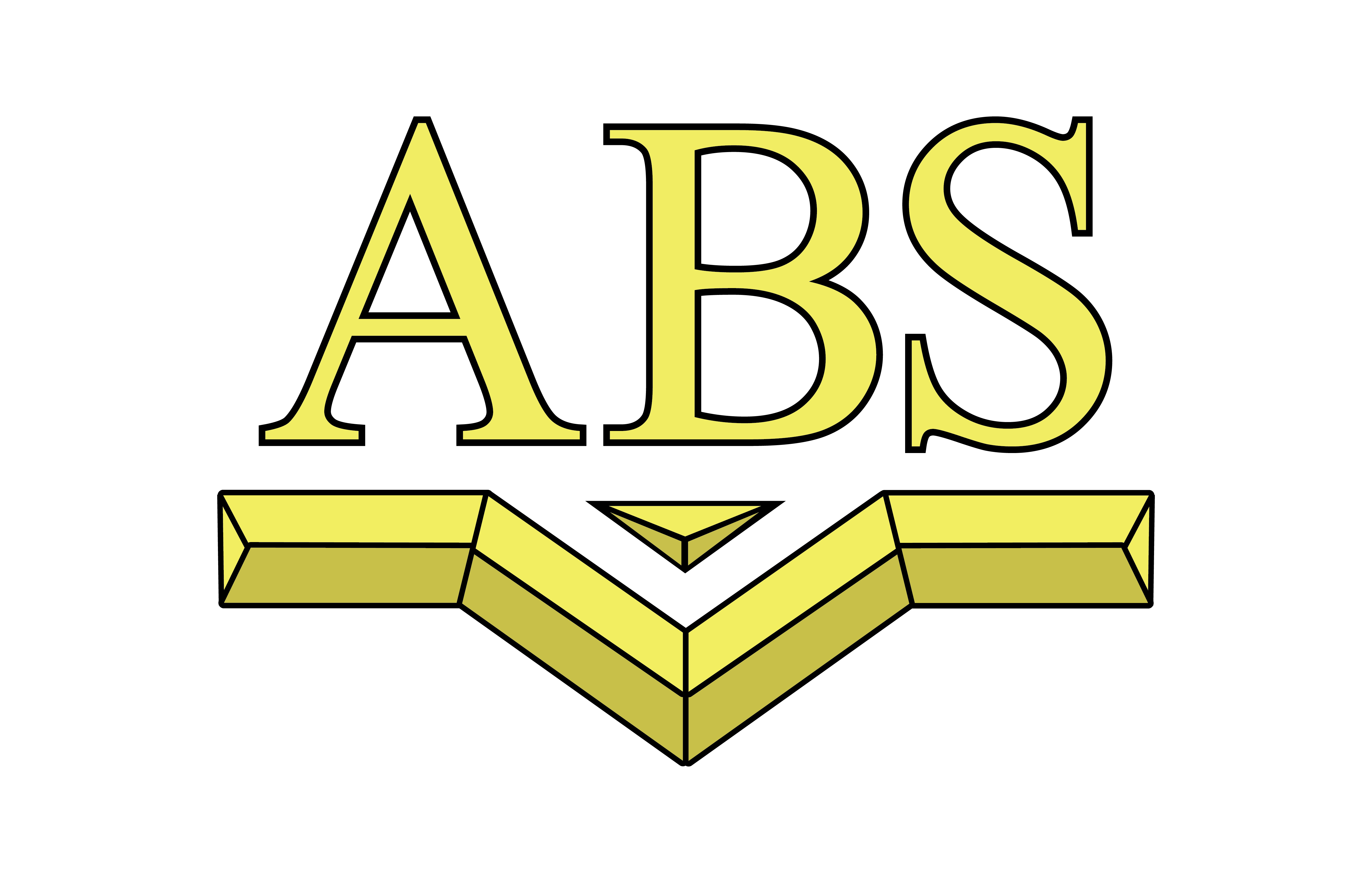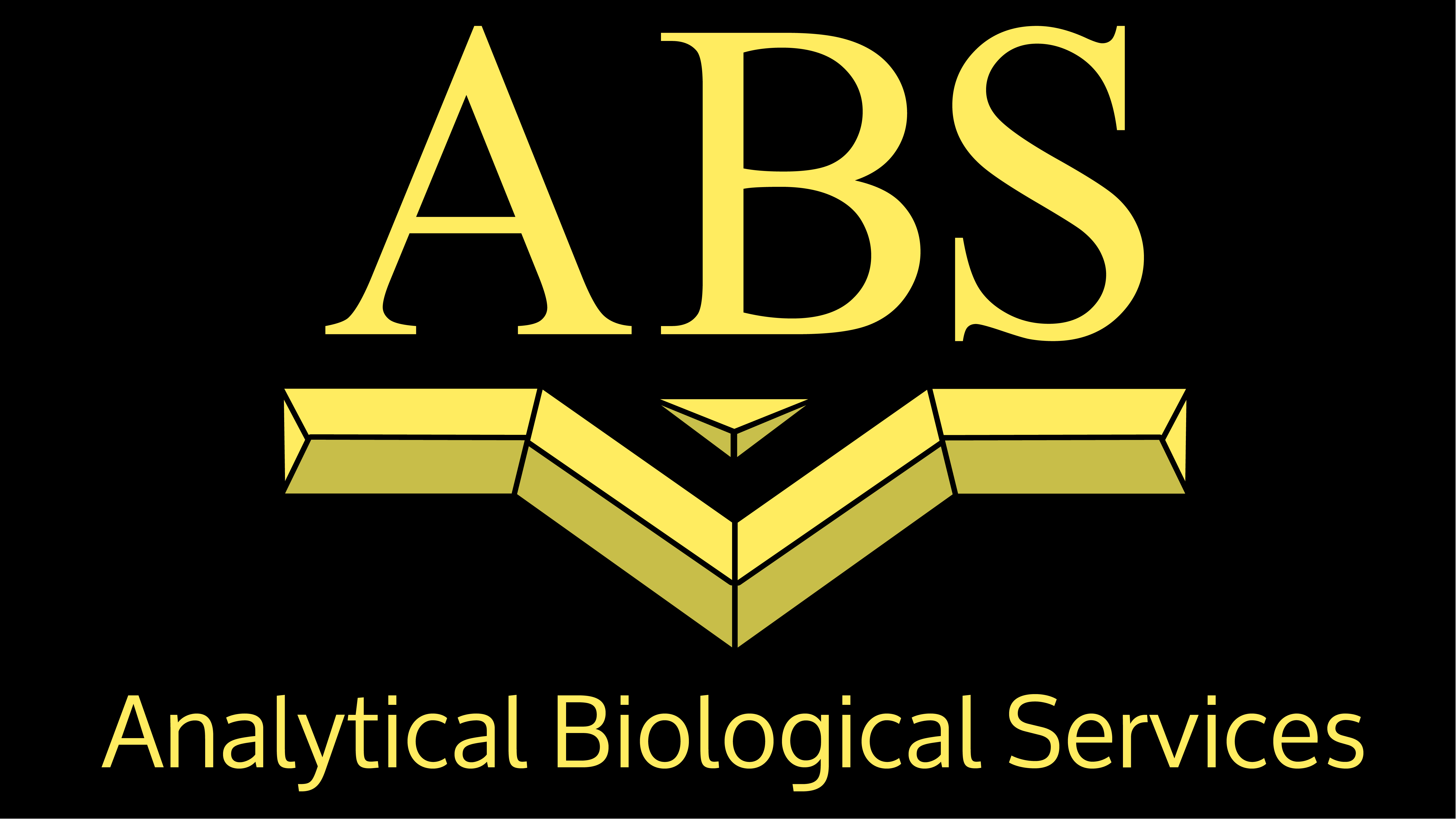
Information is the oxygen of an organization. Restrict it and productivity is starved. Share it effectively, and workflows are faster, more productive, and innovation can flourish. The free sharing of ideas lead to inclusion and innovation. Too often, organizations and individuals foster secrecy by either not trusting their employees or based upon misguided effort to control operations by limiting information access. This lack of trust is often fear based.
Except for confidential information based upon contractual obligations, at ABS we readily share information. Our financial information, our successes, and our not so successful efforts are shared. I believe that someone working at ABS benefits by knowing how we are doing financially and otherwise. In this way they can make informed decisions both personally and from a business perspective.
Although we freely share information, this does not mean everyone is always allowed access to everything. Background knowledge and context are necessary to make some information understandable. For example, we share our financial statements with staff. However, we do so only after providing a basic understanding of our accounting methods such as cash vs accrual accounting. Similarly, if a technical issue requires explanations, we provide the background around the issue before delving into the issue.
ABS data including client information, finances, and laboratory data are contained in a central database. This facilitates information sharing and analyses, but there are controls in place such as permission levels to ensure data integrity and confidentiality.
Learning across teams enhances us all. This week we are offering a short presentation that outlines the basics of flow cytometry and cell sorting along with our in-house capabilities. As we finalize plans for our new building, teams from all areas of our operations are touring the site, viewing concept plans, and they are encouraged to provide input. This will make it a better workplace.
We bring problems and areas where we have come up short into the open. This can be challenging because even though we try to create a problem-solving focused environment, bringing problems to light can be viewed as criticism or blame. This creates defensiveness and resistance to creating new solutions. It is still an issue that we wrestle with. Erroneously, some seem to believe that if they are being asked to change that they must be doing something wrong. This is equivalent to stating that they can’t learn or improve. The free sharing of ideas and openness to those ideas is an antidote for this self-limiting behavior.
Organizations and individuals who can overcome their fears benefit from the free exchange of ideas. Our collective knowledge and skills often multiplies the returns we all receive over siloed or defensive efforts. It is an ongoing and sometimes difficult process, but it is well worth the effort. It is also essential for growth.
At ABS, we are also working to improve the processes that provide effective real-time sharing of information. As part of that effort, we will be launching a new client portal where we will provide up to date information on cell and tissue data, order status, invoicing, and more. This will be described in the next post.




